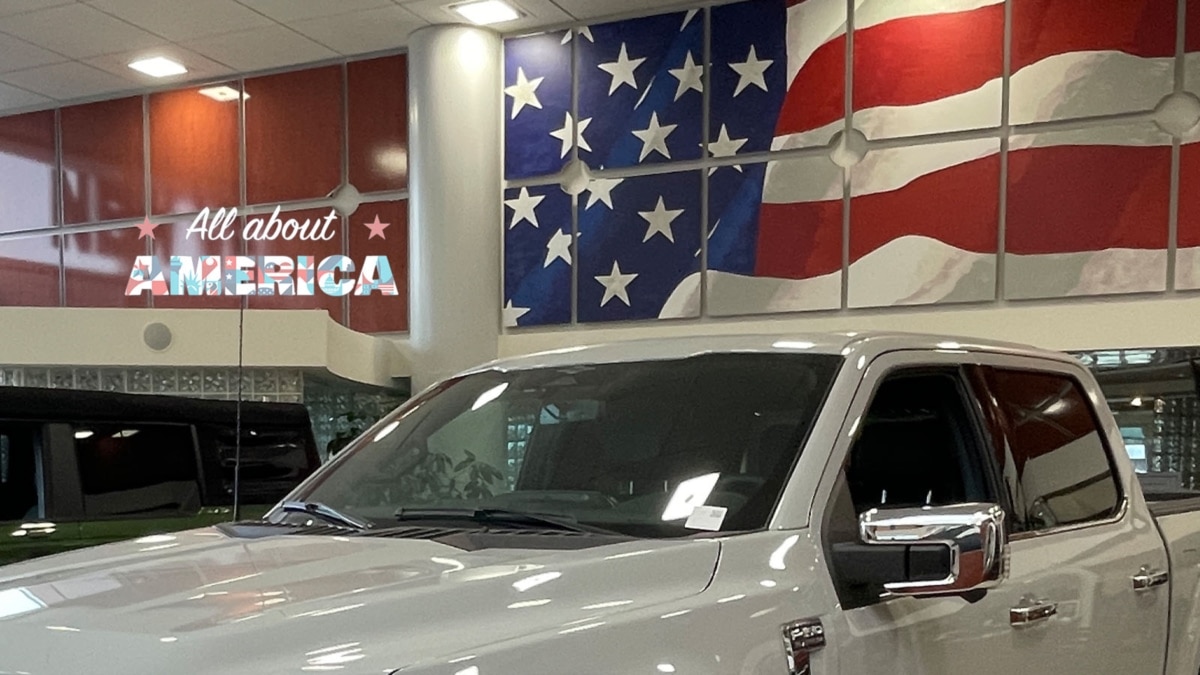- Joined
- Jun 24, 2008
- Messages
- 49,761
- Location
- London
- Car
- 2022 Hyundai IONIQ 5 RWD / 2016 Suzuki Vitara AWD
Legacy automakers find it hard to make a profit on their EVs - so they are desperate to continue making profitable ICE & hybrid vehicles as long as possible,
The cynic in me might even think that some of the awful EVs that are being made by legacy manufacturers are made that way to dissuade buyers from purchasing them - thus fulfilling their prophecy of “slow sales of EVs”
They are basically cunning, lying barstewards!
As Henry Ford is often quoted: “If I had asked people what they wanted, they would have said a faster horse.”
(Though he may not have actually said that....)



